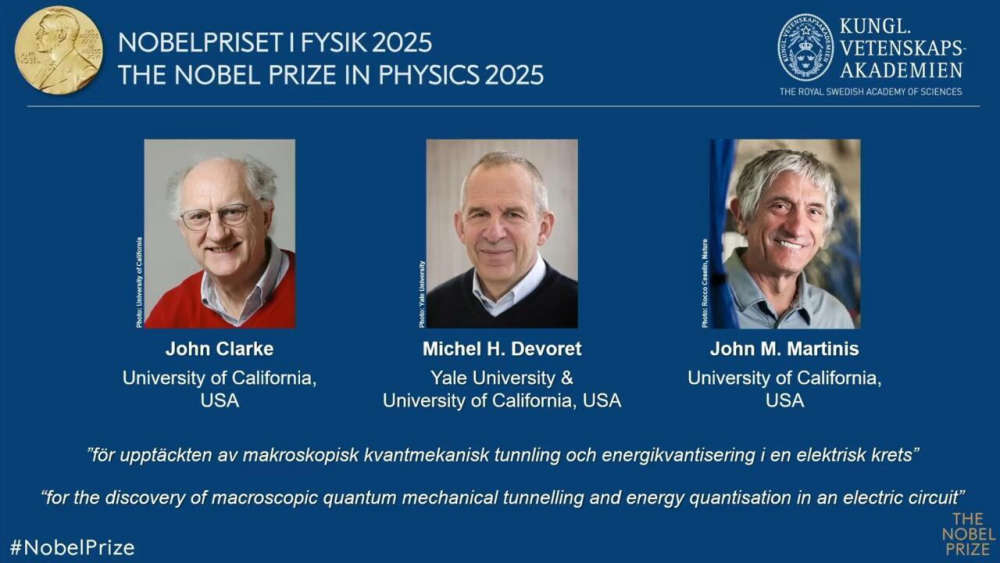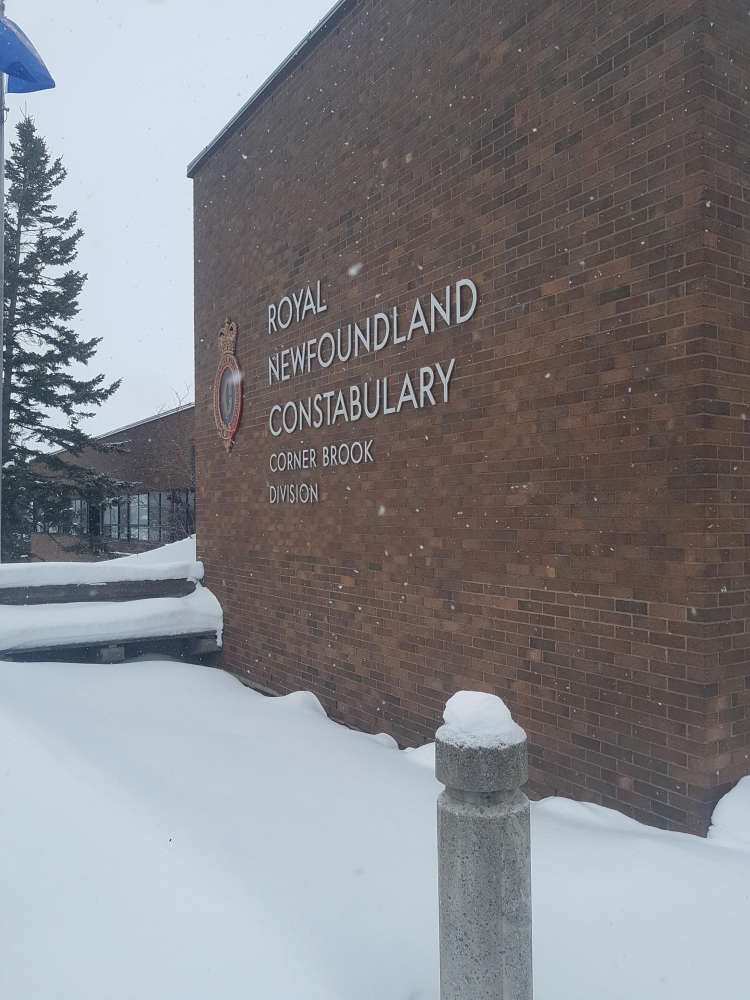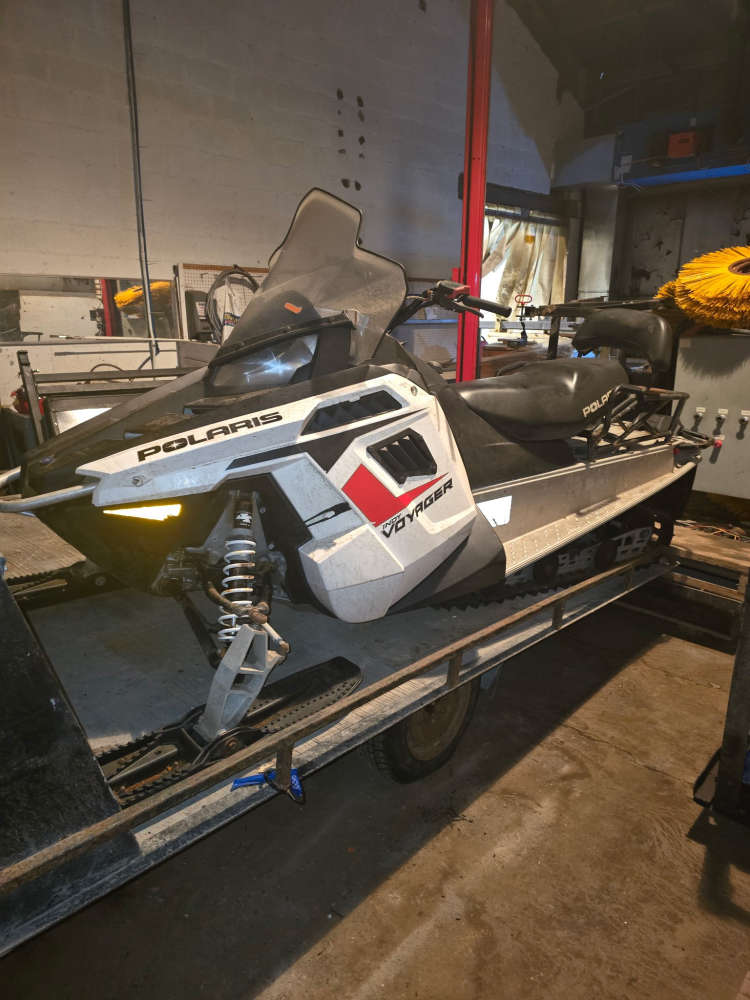
Physics professor Dr. Svetlana Barkanova was only 12 years old when the trio were conducting experiments in California during the eighties and she built an electric circuit to power a light bulb at her school in Latvia, a moment when she decided to become a scientist.
Yesterday, the Royal Swedish Academy of Sciences awarded the Nobel Prize in Physics 2025 to John Clarke, Michel H. Devoret, and John M. Martinis “for the discovery of macroscopic quantum mechanical tunnelling and energy quantisation in an electric circuit.” (NobelPrize.org) Dr. Svetlana Barkanova has been the Physics professor at Grenfell since 2017. She was only 12 years old when the trio were conducting experiments in California during the eighties and she built an electric circuit to power a light bulb at her school in Latvia, a moment when she decided to become a scientist. Barkanova says at that time, people thought it was just a strange experiment and nobody could predict its implications. Now four decades later quantum technology is everywhere, in cell phones, the new MRI at LED’s and scientists are now building quantum computers to solve problems much faster .
Barkanova says these scientists’ work shows quantum phenomena — tunnelling, quantised energy levels — in systems large enough to be held in the hand, bridging the gap between quantum and classical worlds. She says it’s not just quantum physics, but quantum technology and it is growing. It includes engineering, communications, and quantum computing, but there are wide applications making it difficult to predict what kind of careers will be available for physics students in 5 or 10 years because it is developing so fast. Barkanova is teaching a second year Modern Physics class and says they just finished a unit on special relativity. Tomorrow, they’re starting a unit on quantum physics.

 RNC training taking place in Corner Brook this weekend on West Valley Road, signage will be in place
RNC training taking place in Corner Brook this weekend on West Valley Road, signage will be in place
 Police find more than a kilogram of cocaine at a Deer Lake home, one man and two youth arrested
Police find more than a kilogram of cocaine at a Deer Lake home, one man and two youth arrested
 Police are looking for a snowmobile stolen from Stephenville
Police are looking for a snowmobile stolen from Stephenville
 Bay of Islands Volunteer Search and Rescue putting a pause on new members to allow time to train
Bay of Islands Volunteer Search and Rescue putting a pause on new members to allow time to train
 A convicted murderer from Corner Brook gets day parole
A convicted murderer from Corner Brook gets day parole









